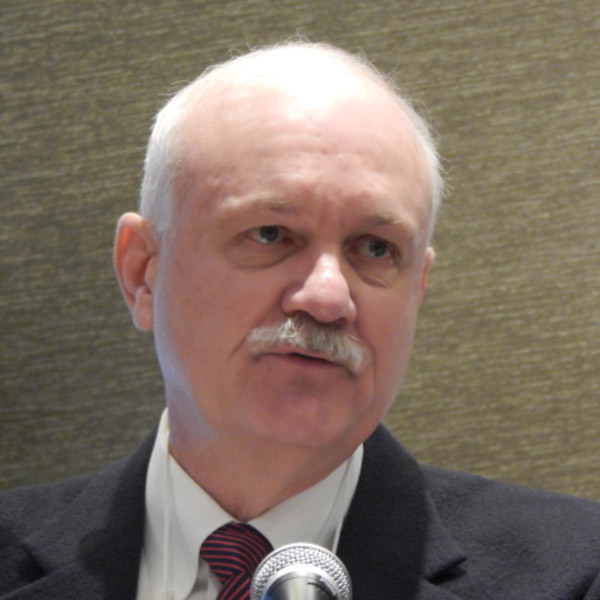FERC last week rejected SPP’s proposed tariff revision establishing a cost-allocation waiver process through which remaining costs for one or more specific transmission projects with voltage levels between 100 and 300 kV could be fully regionally allocated on a case-by-case basis (ER21-1676).
SPP’s proposal would have allowed entities to request a waiver of the highway/byway cost-allocation methodology for a byway facility. However, the commission found that the proposal granted the RTO’s Board of Directors too much discretion in allocating costs and did not include clear standards for making decisions.
FERC said that without clear standards limiting the circumstances under which the board will approve waiver requests, “the proposed process creates a risk that the [board] may approve cost allocation waivers where there are limited power flows or benefits to other zones or may reach different cost allocation outcomes on waiver requests that demonstrate similar power flows or benefits to other zones.”
“We find that this lack of clear criteria gives the SPP board too much discretion to make decisions with significant cost and rate implications, without assurance that the cost allocation decisions will result in rates that are just and reasonable and not unduly discriminatory or preferential,” the commission wrote.
Commissioner Mark Christie concurred in a separate statement, saying SPP’s application provided “insufficient detail” with respect to the various roles of stakeholder groups, states and load-serving entities in reviewing the waiver requests.

“Approval of a cost-allocation waiver would result in costs being reallocated to consumers in states and to LSEs that would not otherwise bear those costs under SPP’s existing highway/byway methodology,” Christie wrote.
He said it would be helpful and relevant to know whether the process ensures that states and LSEs with consumers benefiting from the cost allocations would be able to “review and consent/dissent affirmatively to the re-designation and to the new costs that go along with it.”
SPP’s proposal stems from the Holistic Integrated Tariff Team, which recommended evaluation of a narrow process through which specific projects between 100 and 300 kV could be fully allocated regionally. Transmission owners largely opposed the proposal as it wound its way through the stakeholder process, saying it would shift byway cost responsibility from wind-rich areas to others.
Al Tamimi, vice president of transmission planning and policy for Sunflower Electric Power, which is in one of SPP’s wind-rich transmission zones, said he was disappointed with FERC’s decision.
“We have small system loads and, at the same time, have large penetration of renewables exceeding our load. We have been receiving [notifications to construct] while our system load is flat,” he said in an email, saying the NTCs were primarily used for “exporting largely unaffiliated generation from the Sunflower zone to the SPP region.”
“The SPP filing provided an appropriate solution to this inequality problem,” Tamimi said.
Under SPP’s highway/byway methodology, transmission costs are allocated on a voltage threshold basis. Highway facilities, or those above 300 kV, are allocated 100% on regional, postage-stamp basis. Byway facilities, those between 100 and 300 kV, are cost allocated on a regional basis (33%) and to the pricing zone (67%) in which the facilities are located. Facilities at or below 100 kV are fully allocated to the zone in which they are located.
SPP proposed a cost-allocation waiver process for byway facilities in which costs would be allocated 100% to the SPP region if the RTO granted a requested waiver. The grid operator said this would create a narrow review process for entities to demonstrate that certain byway facilities primarily benefit the region instead of a particular zone.
Under the proposed Tariff revisions, entities would request a waiver submit a request for waiver within 180 days after SPP issued the facility’s NTC. RTO staff would evaluate the request and make a recommendation to the Regional State Committee and Markets and Operations Policy Committee. The board would then either approve or deny the request.




